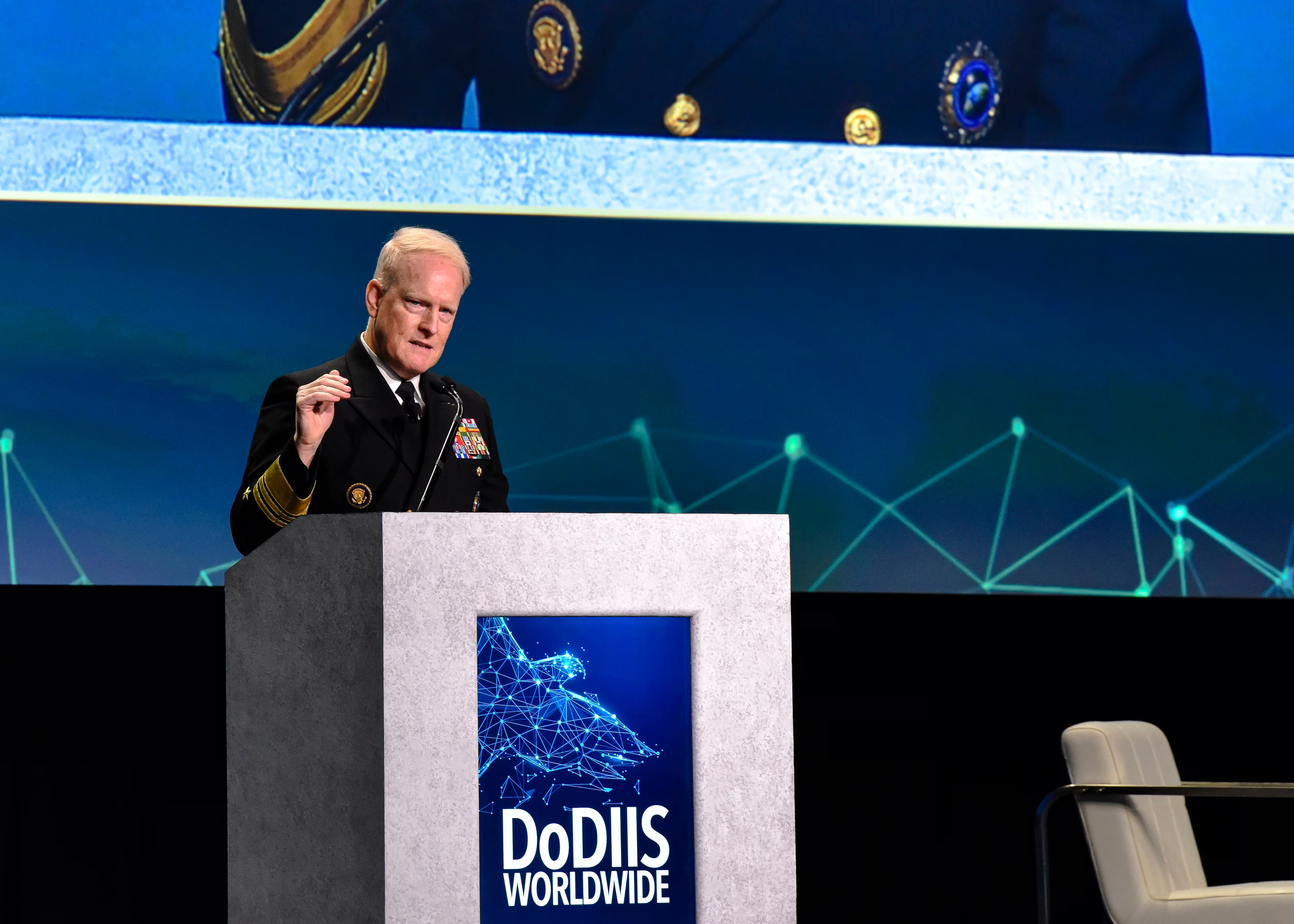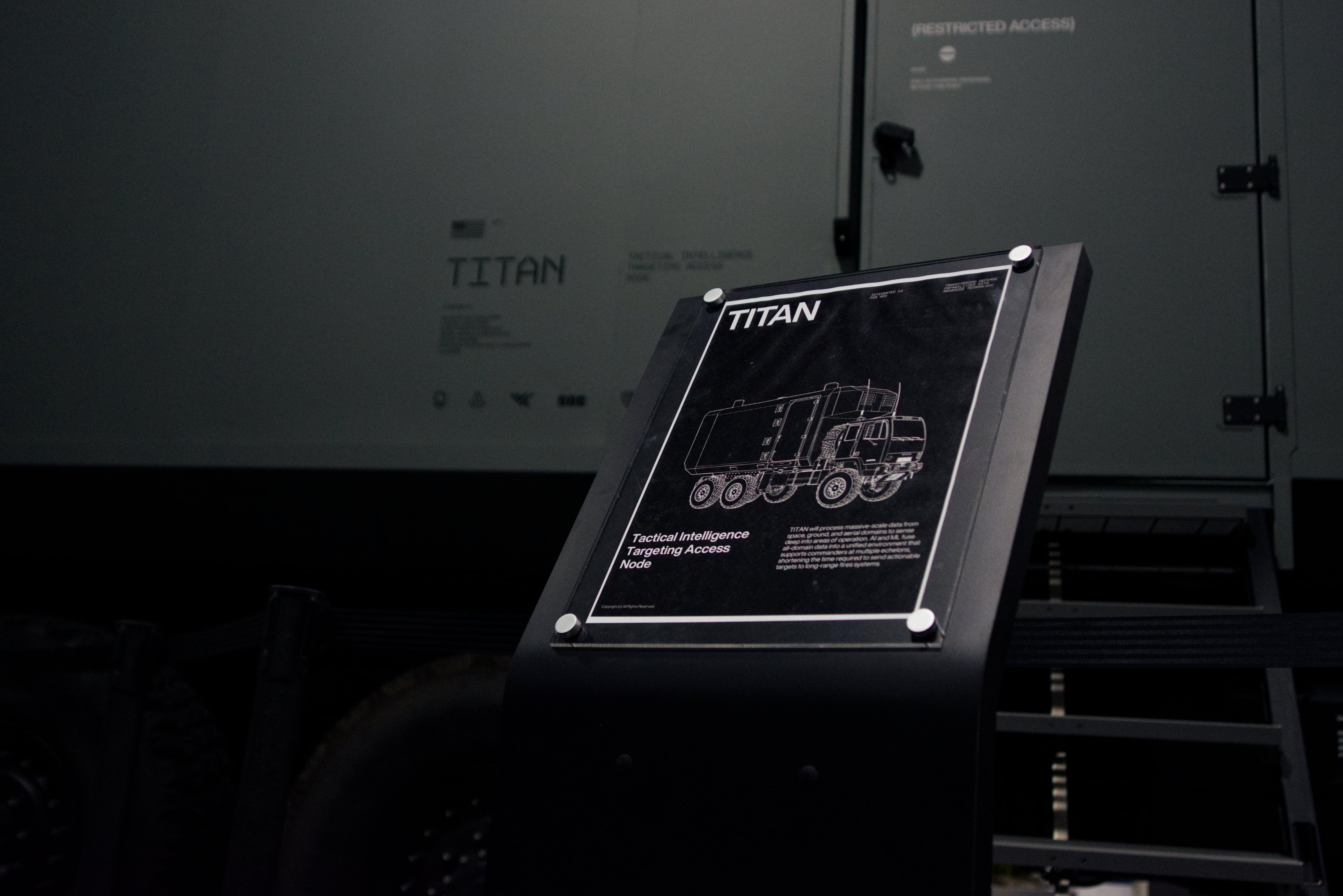MILAN — NATO countries wrapped up one their signature cybersecurity exercises in Estonia this week, welcoming South Korea and Japan to the proceedings as alliance officials seek like-minded governments to harden their collective virtual defenses.
The Cyber Coalition 2023 event in the country’s capital of Tallinn focused on sharing threat intelligence and responding to attack scenarios on virtual national critical infrastructure as well as targets and structures of military nature.
It involved 1,000 participants from almost every NATO nation, with the exception of Montenegro, Luxembourg and Belgium, who did not attend this year.
Newcomers Japan and South Korea, who in the previous edition were only observers, joined for the first time as full participants. Ukrainian officials were also present after having been absent since 2019.
“It was a logical next step for South Korea and Japan to be part of the exercise and is a sign of the deepening cooperation NATO sees with its Indo-Pacific partners,” David van Weel, NATO’s assistant secretary-general for emerging security challenges, said during a Nov. 28 media roundtable.
A few days ahead of the exercise, the Dutchman concluded a three-day visit to Japan to meet representatives from the ministry of defense. A statement released by the alliance said the meetings focused on discussing how to strengthen cyber defense cooperation between as well as technologies to defend against hybrid threats.
“There are more actors than just Russia conducting cyber-attacks – China and North Korea being two of them,” van Weel said. “The cyber coalition is crucial in raising our defenses, and we’ve seen an increase in the number of our partners in this sector as well.”
Elisabeth Gosselin-Malo is a Europe correspondent for Defense News. She covers a wide range of topics related to military procurement and international security, and specializes in reporting on the aviation sector. She is based in Milan, Italy.








